7 unique Turkish habits, behaviors that will leave you in awe
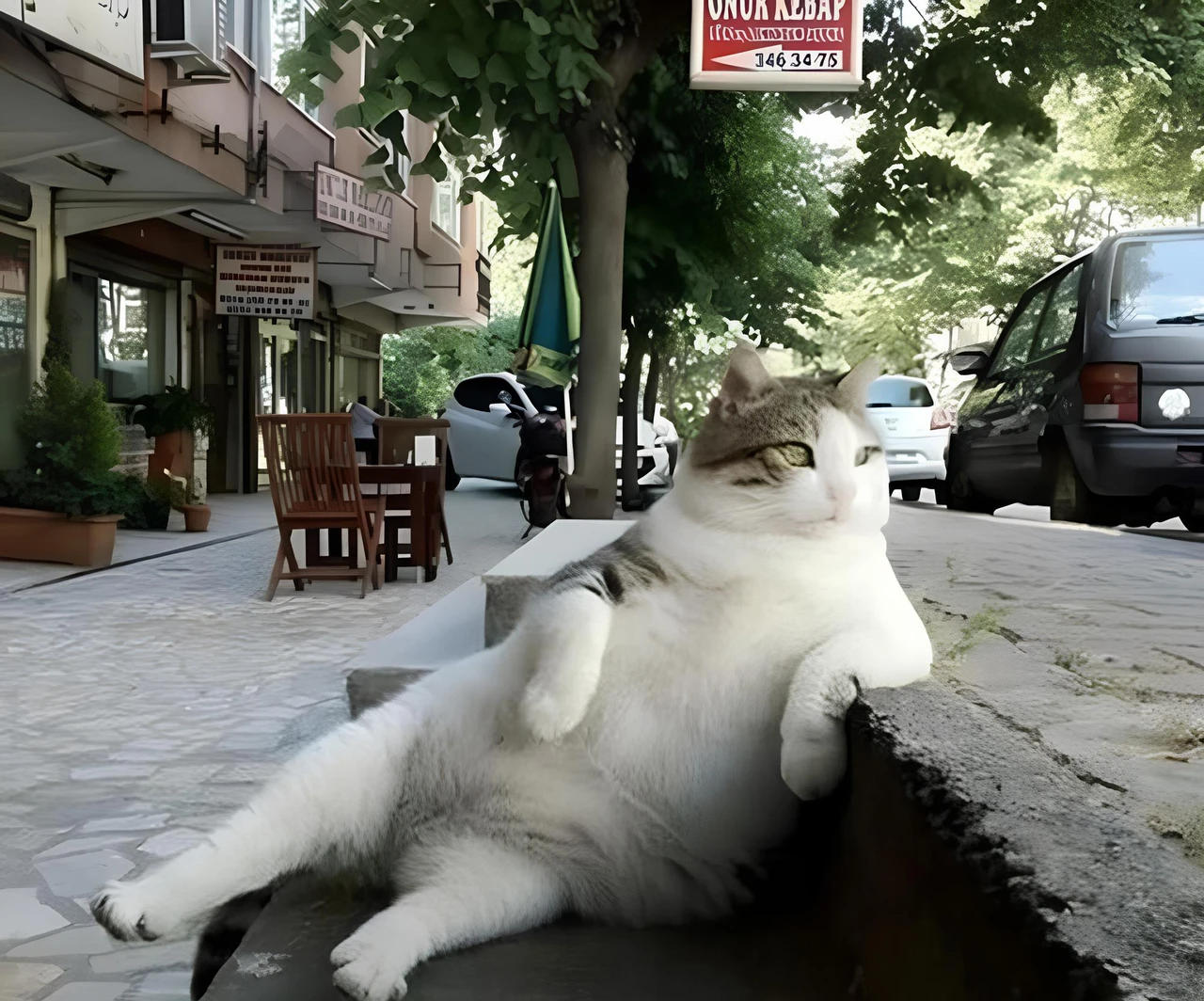 The most significant evidence of the love for cats in Turkish habits and behaviors is the statue erected for the cat Tombili after its death, Istanbul, Türkiye. (Photo via X)
The most significant evidence of the love for cats in Turkish habits and behaviors is the statue erected for the cat Tombili after its death, Istanbul, Türkiye. (Photo via X)
Türkiye, a country with a rich tapestry of cultures and traditions, reflects its diversity in the unique customs and behaviors of its people. Turks manage to make a difference in every situation with their sense of humor and practical intelligence. These behaviors, ingrained in their daily lives, are often performed unconsciously.
However, from the perspective of foreigners, these habits can seem quite interesting and sometimes even amusing. Let’s explore these unique behaviors together. Here are 10 behaviors and habits that are uniquely Turkish!

1. Driving toward friend when you see them
The title might sound alarming, but driving toward a person doesn’t actually mean running them over. Turks describe this as getting “close enough to brush the dust off their pants.”
This habit, especially common in smaller neighborhood cultures, involves people driving their car close to a friend they spot on the street, often ending with the car’s bumper lightly touching them. Usually, this gesture results in the driver offering, “Wherever you’re going, let me give you a ride, come on.”

2. Answering ‘Who are you?’ at apartment entrance with ‘It’s me’
This behavior, commonly seen at intercoms at apartment entrances, assumes that the person on the other end can recognize them by their voice.
However, it’s often met with responses like “Who are you?” since the reply is usually delivered in the coolest and deepest voice possible, as if saying, “It’s me, the one who creates worlds.”
Similar behaviors are known to occur in Italy and Greece.
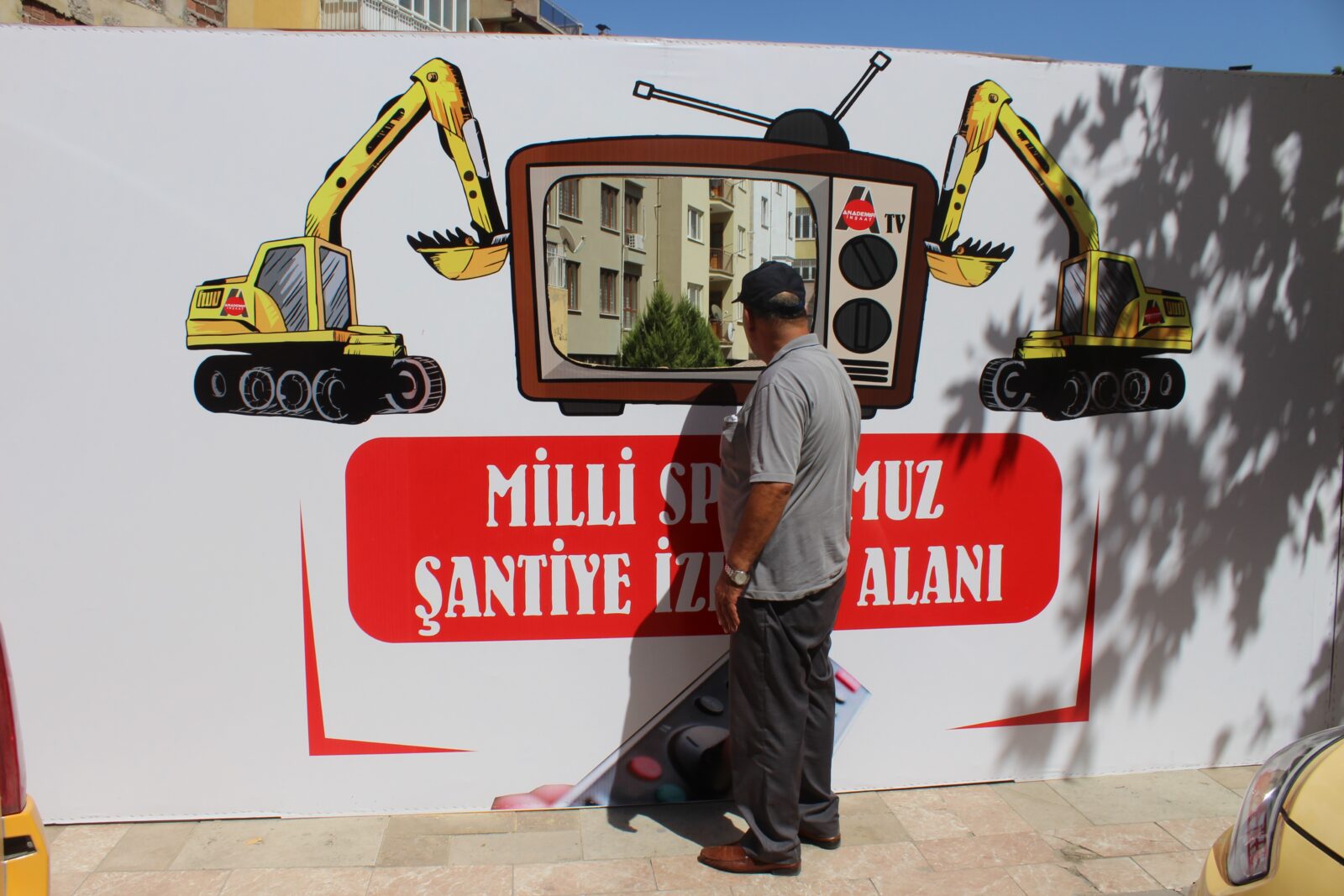
3. Watching construction machinery: Türkiye’s ‘national sport’
If you were to ask, “What is one of the most beloved activities among Turks?” you’d likely get “watching construction machinery” as an answer from many. Observing construction machines at work has become what Turks describe as their “national sport.”
According to expert psychologists, the reason behind this fascination lies in our positive impulses as well as our instincts for destruction, dismantling, and control. When watching these machines, we unconsciously project ourselves into their role, satisfying these suppressed impulses.
This phenomenon is so widespread in Türkiye that when construction machinery is in operation, safety barriers are often equipped with windows to allow people to watch the action.

4. Synchronously consuming doner and ayran: True Turkish tradition
The harmonious consumption of doner and ayran, which are staples of Turkish cuisine, is a cherished tradition. Achieving this synchronization is not as simple as it might seem – it requires considerable skill. Balancing the satisfaction of hunger, enjoyment of the meal, and finishing both the doner and ayran at the same time demands real talent.
This skill develops further as one faces the anxiety of reaching the last quarter of the doner without finishing the ayran.
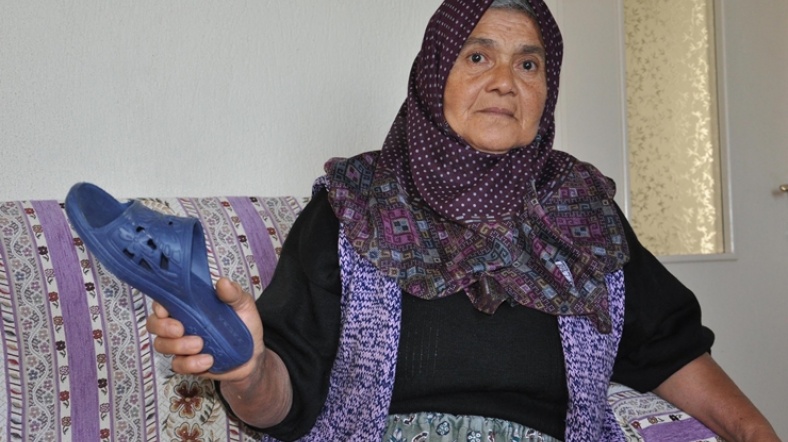
5. One of most important Turkish habits, behaviors: Slipper wars of mothers
When a Turkish mother is angry and you’re within close range, her typical way of expressing her displeasure is by throwing a slipper.
The slipper, held by the heel, is thrown towards the child backside. If it’s intended to be intimidating, it may be thrown at the calf or against a door to make it miss the target.
Interestingly, this tradition is believed to date back to ancient times. In fact, a statue group at the National Archaeological Museum in Athens depicts the goddess Aphrodite throwing a slipper at a bothersome Satyr to scare him away. Similarly, a depiction on a mirror from a private collection in Germany, about 2,200 years old, shows the goddess Aphrodite disciplining her son Eros with a slipper.
Turkish mothers have been practicing this action for thousands of years.
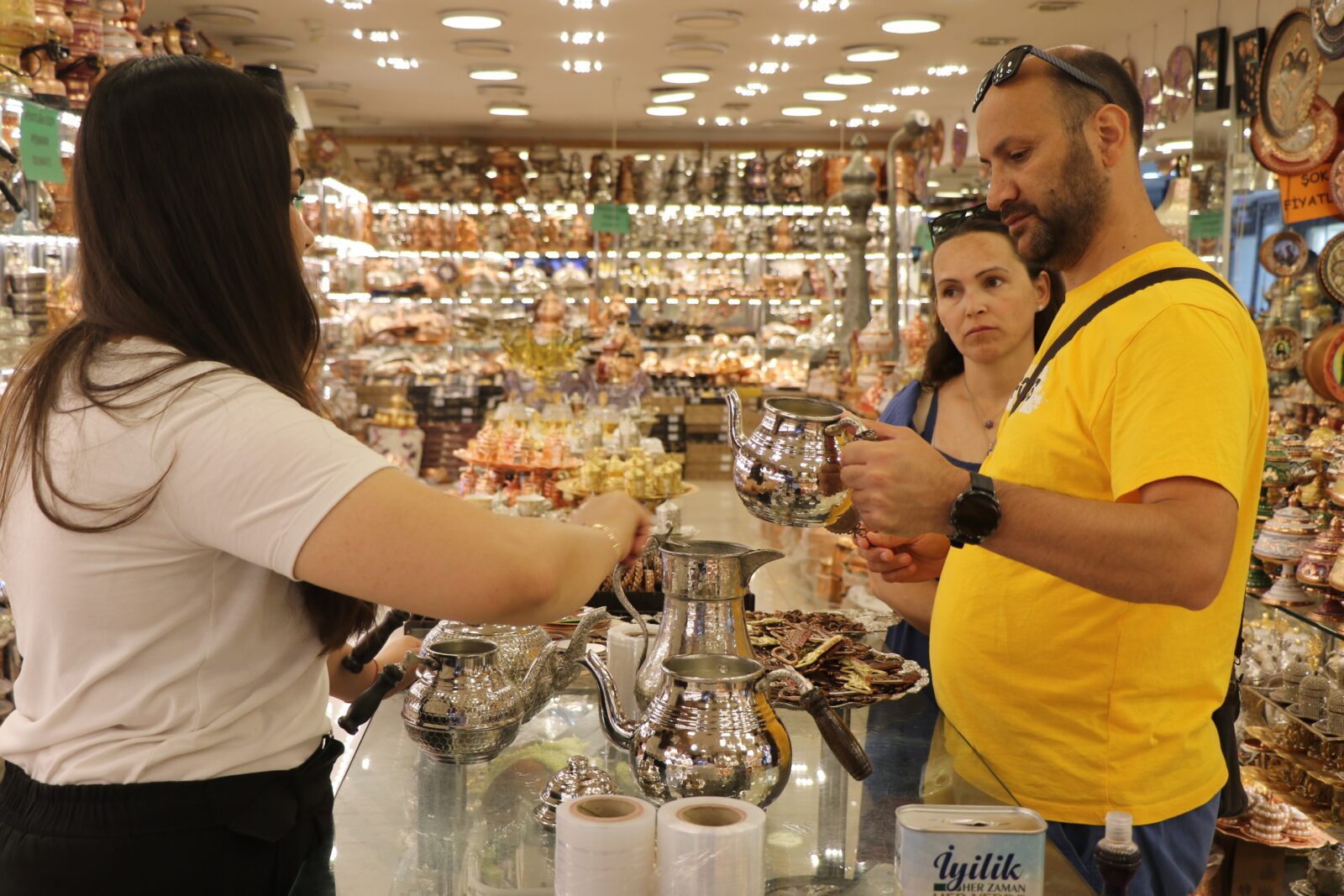
6. Asking ‘Isn’t there any left?’ when told ‘Unfortunately, we’re out of stock’
Although this question might seem grammatically and logically nonsensical, it is perceived as innocent and endearing by Turks.
Unfortunately, some people believe this behavior stems from societal issues, reflecting a general lack of trust among individuals.
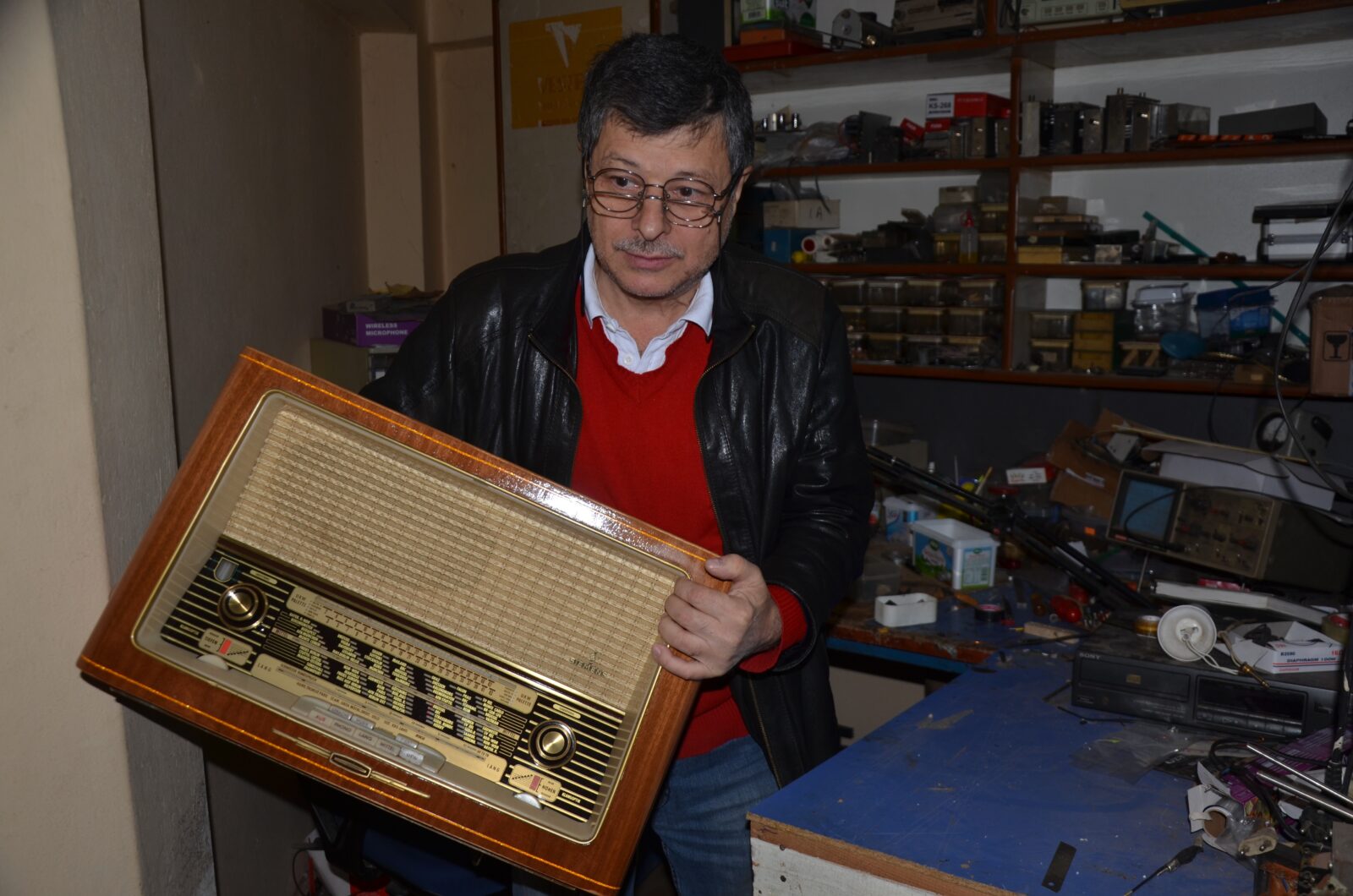
7. Trying to fix broken electronics by hitting them
One method of attempting to repair a malfunctioning electronic device is to hit it. While this might seem primitive today, it can actually be quite effective. But how does hitting electronic devices lead to repairs?
The explanation lies in the mechanical components of older devices and the tendency for electrical components to heat up. Heating causes expansion. The scientific reason behind this method of repair is that the expansion from heating can cause mechanical components to shift positions, leading to connectivity issues or broken solder joints. When the device is hit, these components can sometimes realign, restoring connectivity. In some cases, the impact and resulting temperature change can even cause broken solder joints to reconnect.
For example, NASA used this technique during the Apollo 12 mission. When one of the cameras on the spacecraft stopped working, the astronauts managed to get it functioning again by hitting it.
These unique Turkish behaviors offer a fascinating glimpse into the cultural nuances and everyday practices of Türkiye. From the lighthearted approach of driving toward a friend to the more profound traditions like the slipper wars of Turkish mothers, each habit reflects a blend of practicality, humor, and historical continuity. Whether it’s the communal enjoyment of watching construction machinery or the endearing habit of asking if there’s any stock left, these practices showcase a distinct blend of humor and practicality that makes Turkish culture truly special. Through these habits, we see how daily life in Türkiye is imbued with a sense of warmth, community, and tradition that continues to evolve while staying rooted in its rich heritage.



